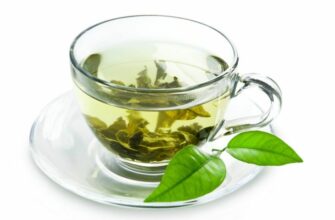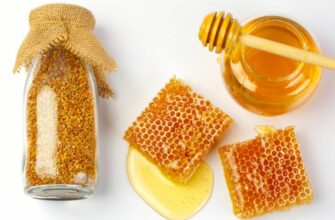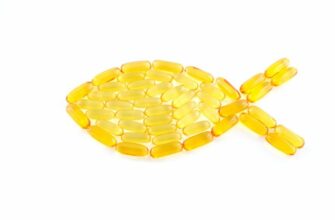The hyacinth bean plant is a tropical plant native to Africa. The fast-growing vine produces glossy seed pods that are ornamental as well as edible. The beans are slightly toxic so they must be boiled before eating. In Africa, many people eat them as part of the regular diet. The health benefits of hyacinth beans come from their numerous vitamins and minerals. Other parts of the plant, like the leaves and flowers, can be eaten as well.
Supports Cardiovascular Health
Hyacinth bean is rich in vitamin B1, which is important for heart health. The body uses the vitamin in the production of acetylcholine, a neurotransmitter. Vitamin B1 is also known to promote healthy ventricular function and treat heart failure. In one study, people with congestive heart failure who were given this vitamin intravenously showed marked improvement. Additionally, B1 may help slow the progression of diseases like Alzheimer’s. Moreover, a lack of vitamin B1 can result in irregular heart function.
Supports Brain Health
Hyacinth contains copper, which the brain needs for optimum function. A lack of copper can lead to fatigue and trouble concentrating. Copper also prevents mood disturbances by ensuring brain pathways are allowing neurotransmitters like dopamine to do their job effectively.
Combats Respiratory Disorders
In many parts of the world, medical professionals use hyacinth beans to treat respiratory and lung disorders like chronic obstructive pulmonary disease. Experts believe the selenium, zinc, and manganese in hyacinth beans can support people struggling with respiratory conditions. These minerals help reduce the oxidative stress and inflammation associated with respiratory disorders and can even support lung healing.
RyanKing999 / Getty Images
Insomnia Relief
The body and brain need sufficient sleep to function. Hyacinth beans are high in magnesium, a mineral essential for good sleep. The body needs magnesium to help keep levels of cortisol in check and to promote the production of melatonin, a key ingredient of sleep. The great news is, hyacinth beans are a natural source of magnesium, so you don’t have to rely on sleeping pills with unwanted side effects.
baona / Getty Images
Potential to Prevent Cancer
Hyacinth bean contains a large amount of zinc, which helps ensure healthy cell division and may even prevent tumor growth. This mineral also contains powerful antioxidants and anti-inflammatory properties that help defend against cancer. In recent years, zinc has drawn praise for its ability to support immune system function.
Anti-Aging Properties
Hyacinth beans can’t reverse the clock on aging, but they contain minerals and nutrients that may be able to slow down the aging process. Vitamin B1 works as an effective antioxidant that helps prevent oxidative stress. The antioxidants in the bean can help prevent things like age spots, wrinkles, and other side effects of aging.
Enhances Digestion
With their high fiber content, hyacinth beans can support digestive health. Fiber helps prevent bloating, indigestion, and constipation. In many locations, people eat the hyacinth bean for its ability to alleviate these common digestive complaints. The fiber contained in the beans also promotes regularity so the body can more efficiently eliminate waste. The beans, along with their pods, are boiled and enjoyed as a side dish in Asia and Africa.
Alleviate Anxiety and Regulate Mood
Mood disturbances can substantially impact daily life. According to researchers, hyacinth beans contain amino acids that help control fluctuations in mood, balance hormones, and even treat anxiety. By supporting the function of serotonin and dopamine, the amino acids in the beans can induce a feeling of calm.
Alleviates Cramps
Lack of potassium is a common cause of muscle cramps. Potassium can sooth the muscles and help prevent uncomfortable muscle spasms, as well as support muscle recovery by helping the body break down proteins involved in tissue repair. Athletes or those who have regular fitness routines need to ensure they are getting the nourishment they need to function and heal, and hyacinth bean can help.
Promote Energy
People deficient in iron often feel sluggish or fatigued, because the mineral is essential for transporting oxygen to the cells. Iron deficiencies can also lead to mood disturbances and poor concentration. Hyacinth beans contain a considerable amount of iron.

 Home
Home Health
Health Diet & Nutrition
Diet & Nutrition Living Well
Living Well More
More




















